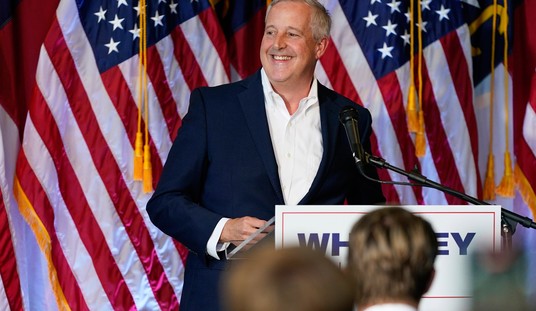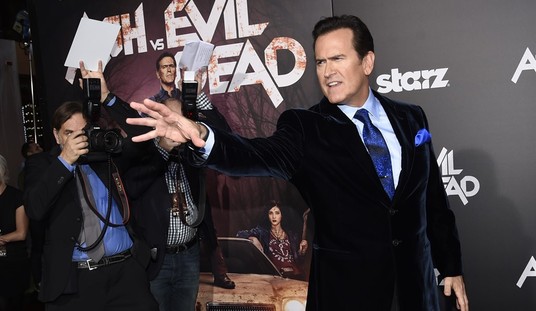
The Trump White House has already become infamous for how they handle the press. They’ve stopped the formal press briefings — which had devolved into a cage match where poor Sarah Sanders tried to absorb the slings and arrows — in favor of informal gaggles in the driveway, where officials speak off the cuff and hope for the best.
Now, according to longtime Washington Post columnist Dana Milbank, they’re revoking the passes of people like him who have have enjoyed a “front-row seat to history.”
Without ripping on Milbank too much, as it likely stings to be kicked out of the inner circle, his op-ed on the recent revocation of his “magical ticket” is instructive because, while it’s wrapped in concerns about press access and a tamping down of their ability to hold leadership accountable, it’s mostly about him.
And that, if Milbank and others could honestly analyze things for a second, may be part of the why they find themselves outside the gates.
Take Milbank’s opening paragraphs relaying the news he was no longer seated at the table.
I was in the White House the night Bill Clinton admitted his affair with Monica Lewinsky, and the day he was impeached. I was there on Sept. 11, 2001, and the fearful days thereafter, when we were trained to use escape hoods. I watched George W. Bush make the case for the Iraq War and Barack Obama pitch his remedies for the market crash. There, too, I have witnessed the carnival-like briefings and high histrionics of Donald Trump’s presidency.
But no more. The White House eliminated most briefings and severely restricted access to official events. And this week came the coup de grace: After covering four presidents, I received an email informing me that Trump’s press office had revoked my White House credential.
He sees the revocation of hard passes in favor of passes only for those journalists who are literally in the building almost daily — the hungry ones who show up — as a bit of a slap in the face for someone of his stature who has been in the viewing gallery for all the major events over the last 20 years.
And he believes it’s mostly because he’s a Trump critic.
He might be right. But the tone of his op-ed likely translates into how he approaches his work — by making himself a part of the news — and he might want to consider that the revocation of his and others’ hard press passes may have been informed by that same attitude.














Join the conversation as a VIP Member